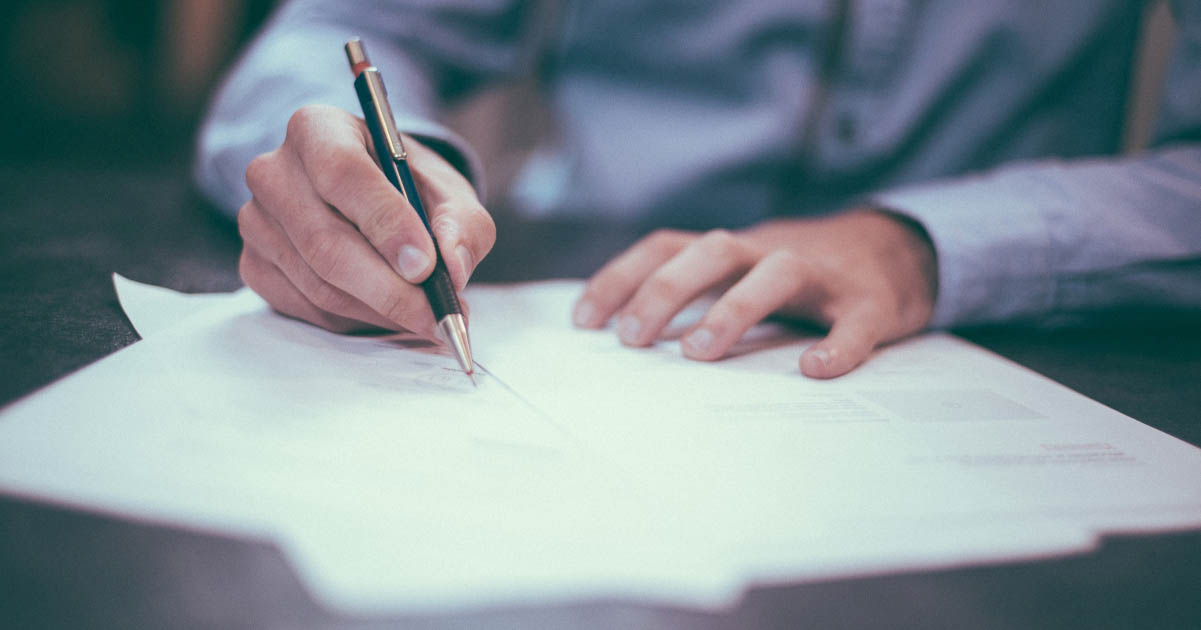
What Is a Non-Disclosure Agreement (NDA)?
As a freelance proofreader, clients and proofreading agencies may ask you to sign a non-disclosure agreement (NDA). But what is a non-disclosure agreement? And what do you need to know before signing one? In this post, we set out the basics of how NDAs work.
What Is a Non-Disclosure Agreement?
A non-disclosure agreement (often abbreviated to NDA) is a type of contract used to keep confidential information secret. This allows the parties to an NDA to share sensitive information without worrying that it will become public knowledge. NDAs come in two main kinds:
- In unilateral or one-way NDAs, one party agrees not to share confidential information belonging to the other party. This is common in employer–employee relationships.
- In mutual, bilateral, or two-way NDAs, both parties agree not to reveal the other party’s confidential information. These are common in business negotiations.
If you are working with confidential information, then, you may need to use or sign an NDA.
Proofreading and NDAs
So, when are non-disclosure agreements relevant in proofreading? Common cases include:
- When working on business documents, such as proposals and reports, which contain sensitive information about your client’s plans or operations.
- When working on an unpublished manuscript for a publisher or author.
- If you decide to work for a proofreading agency, most of which require editors to sign an NDA. This includes our proofreading partner company, Proofed.
If a client asks you to sign an NDA, this should not pose a problem. Typically, it is just a formality or precaution. However, if you agree to an NDA, you need to take it seriously. If you disclose confidential information after signing a contract, you may be liable for damages.
As a freelancer, you may also want to note your willingness to sign an NDA wherever you advertise your services (e.g., on your website or your profile on an online directory). You could even develop a template NDA that clients can use if they do not have their own prepared.
However, if you do prepare your own NDA, you may want to ask a legal professional for advice. This is especially important if you work with international clients, since confidentiality laws vary from place to place, and you need to be sure you are following the relevant regulations.
Becoming A Proofreader
Our Becoming A Proofreader course will give you the skills you need to start working freelance. And you don’t even have to pay to try it! Sign up for a free trial today to find out more.








Leave a Comment
Your email address will not be published.